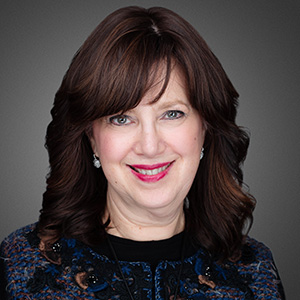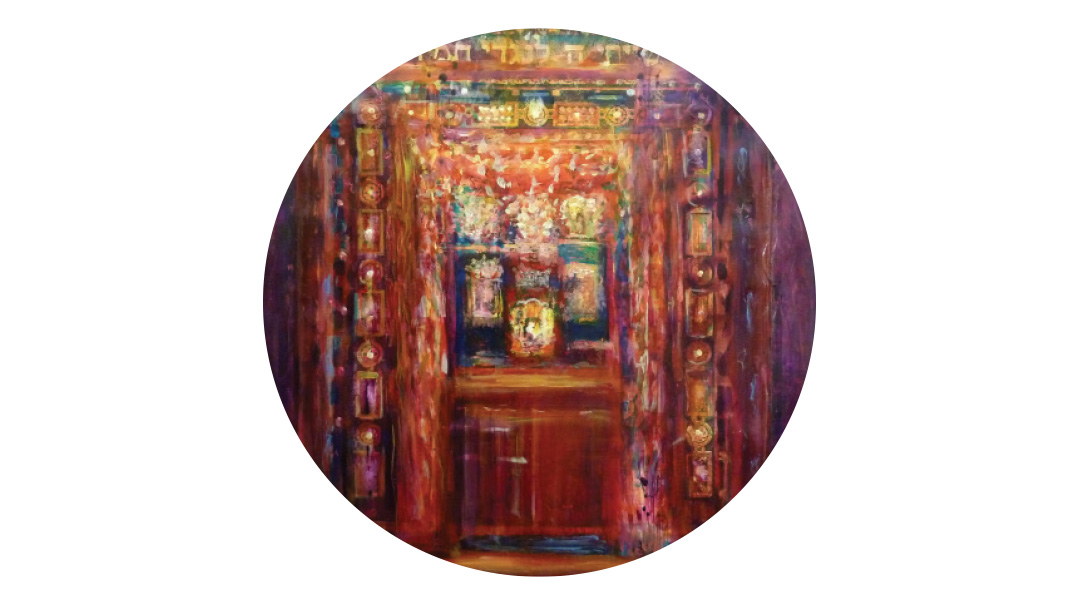A Peace of a Whole


Shalom is the perfect state of a union
Everyone wants shalom.
Who isn’t perturbed when they hear of longtime business partners who split and are no longer speaking to each other? Or siblings who’ve had a falling-out, and one sister and her husband are no longer included in family events (except for weddings, of course, because then what would the other side say)? Perhaps the worst is a tear in the relationship between a parent and a child, where one doesn’t want anything to do with the other. We think to ourselves, Can’t they find a way to work things out? Isn’t shalom more important than whatever the fight was about?
Yet how many times have we heard the remark, “Of course I value shalom, but if you knew what he did to me (or my spouse or my child), you would understand why I don’t speak to him.” In other words, they’re in favor of shalom for other people, but when it comes to themselves, the hurt feels too deep for them to consider it viable.
How would you advise someone to get past a deep hurt, say of someone stealing her husband’s company right out from under him, or a parent’s neglect that left lifelong scars?
Let’s take another look at the concept of shalom.
Greater than the Sum of Its Parts
We usually translate shalom as peace, which seems correct. Shlomo Hamelech juxtaposes the concept of shalom with war: “a time for war and a time for peace” (Koheles 3:8).
But shalom is far more than that, as discussed in a recent Oasis in Time column. Shalom derives from the word shaleim, meaning whole. Shalom is the harmonious working together of distinct and different parts, in a way that creates a unified whole (Akeidas Yitzchak, section 74).
Shalom is not the absence of fighting. A stalemate is not shalom. Silent treatment is not shalom. A husband and wife leading separate, parallel lives is not shalom. Shalom is making harmony between differences for the purpose of working toward something greater than you and me.
Shalom is the perfect state of a union. The world in its essence is in a state of shalom because we’re all part of Hashem and He is One, so there’s unity at our core. But the manifestation of our individuality can make us feel in conflict with each other. In other words, our physical existence makes us feel separate from each other. From that separation all strife is born. Spiritually, we’re all connected and part of one destiny. The more of a spiritual perspective we have, the better we become at managing the inevitable conflicts in our lives.
I’ve Lost Out!
Often the hurt comes from the feeling that someone took something valuable from you and now you have less. Maybe that thing was critical for your existence, and now the foundation of your life feels shaky. “My oldest brother had my father’s ear when he was sick. He got Dad to change his will so that the apartment building he owned is only in my brother’s name. We were counting on that income for our retirement.”
“When I discovered my husband had an addiction, he robbed me of the ability to trust him. How can I have a marriage without trust?”
But even if someone’s taken something valuable from you, if you allow them to take away your shalom, you’ve lost something of even greater value. The Mishnah teaches “Ein lecha kli machzik brachah ela hashalom — there is no vessel that can contain blessing except shalom” (Uktzin 3:12) — language implying that there is no other way of attaining brachah in our lives.
In parshas Bechukosai, Hashem states, “V’nasati shalom ba’aretz — I shall put peace in the land.” Rashi comments: Even if you have food and drink, if you don’t have shalom, you have nothing.
We see that shalom must top the list of our priorities. It’s the culmination of all possible blessing. With it you have everything, without it you have nothing.
Shalom Trumps All
How do we begin acquiring shalom?
Aharon HaKohein was oheiv shalom and rodef shalom. Being rodef, chasing something, is active. If you love something, you’ll do everything you can to pursue it. You have to love shalom more than you love being right, and more than you want the other person to be wrong. You have to value it more than any physical object, even more than your own reputation.
Shalom is like health. Health is more than the absence of disease, which is why it’s incumbent upon us to thank Him for every day of health. To preserve our health, we need to care for it and not put ourselves in harm’s way, to be proactive and eat well and exercise, even when we would rather not. Similarly, we need to pursue peace, even when we think we have lots of good reasons not to.
Shalom is big and machlokes is small. Machlokes divides, leaving you small and fragmented. Shalom unifies distinct parts with the harmony of differences working toward a bigger picture — and you become bigger being part of that picture.
Understand that shalom is a choice. It’s not a game in which there’s only one winner, and if she gets the money, the job, the shidduch, she wins and you lose. When you choose to be mevater, to let it go, you’re choosing to make room for the other person and her approach. If you’re mevater on the yerushah, you choose to make yourself into a vessel that can contain brachah for eternity. But what about the money you were counting on for your retirement? Hashem has enough money to provide for your retirement, and infinite creative means to see that you receive it.
When a husband and wife fight, it’s often because there’s a discrepancy in their approach. He gives the kids candy and she gives them kombucha. She doesn’t care if the kids take days off school at will, while he believes the kids need to learn responsibility. She watches every penny and packs his coffee in a thermos for work, while he wants to buy a coffee and a snack at work every day.
Shalom leaves room for the other person’s approach. It creates room for the other person’s existence. Someone’s personal preferences are part of her uniqueness. When you allow for her preferences, you’re validating her existence. “You don’t have to be like me, because you are you, and unique, and I respect those differences. I respect your very being.”
It’s Up to Us
The brachah of sim shalom, which comes at the end of Shemoneh Esreh, seems like a request, as if we’re asking Hashem for shalom. Yet we find this blessing in the section on thanks. And at the end of Elokai netzor and at the end of Kaddish, we say, “He Who makes peace in the Heavenly spheres should make shalom upon us.” We know who’s fighting down here — but who up there is being belligerent?
In the physical world, fire and water cannot coexist. Whatever there is more of obliterates the other. Yet up there, in the Heavens, the angel of fire and the angel of water come together and sing shirah before Hashem. If we need His help for shalom in the Upper worlds, where there is no dissension, how much more so do we need it down here, in This World of competition and jealousy?
And so the blessing of sim shalom is in the section of the Amidah in which we thank Hashem — because we are grateful for our ability to shift our perspective to one of shalom, with it making ourselves vessels for His grace, chesed, and mercy, the conclusion of this blessing.
The classical explanation of the pasuk, “Shalom, shalom, to the far and the near, says Hashem, and I will heal him” (Yeshayahu 57:19) is that the baal teshuvah who was far away from Hashem and then returns to Him is healed from the effects of his wrongdoings.
Perhaps we can extrapolate a different meaning from this pasuk: When we want shalom, really want shalom, between the person who’s wronged us (the far) and ourselves (the near), says Hashem, “I will heal him.” We can ask the One Above to heal us from our hurt, since we’re willing to put aside our personal considerations for the sake of shalom — for the sake of Hashem, because shalom, say the Sages, is one of His names.
When we give something up for the sake of shalom, it is most likely that we will end up shaleim, whole.
Originally featured in Family First, Issue 630. Debbie Greenblatt is a senior lecturer for the Gateways organization and a teacher of both observant and not-yet-observant Jewish women for over 30 years. Debbie’s lecture topics include Jewish texts, Jewish thought, and relationships.
Oops! We could not locate your form.







